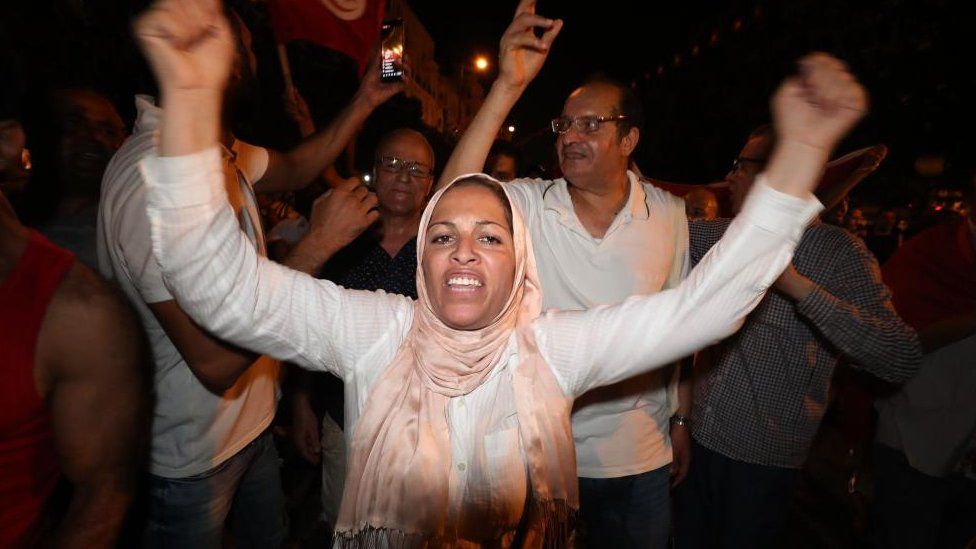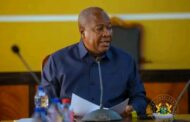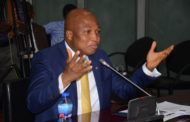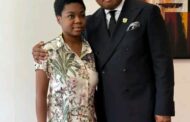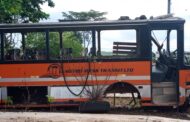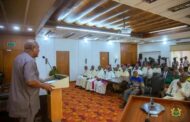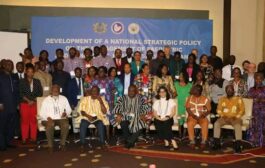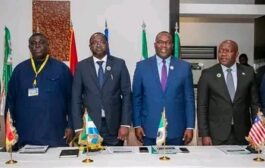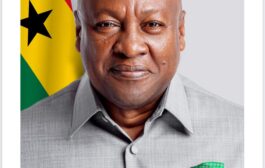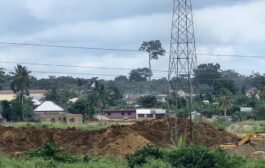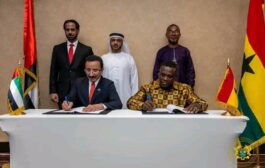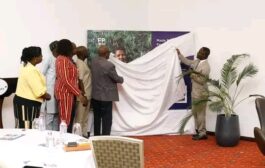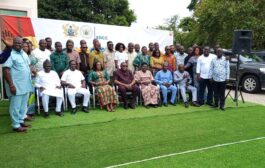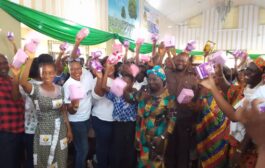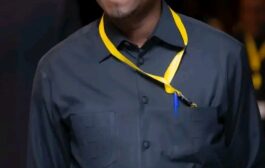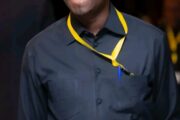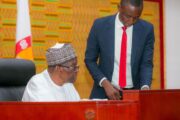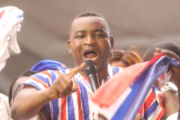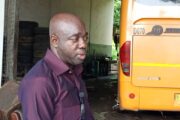Tunisia’s President Kais Saied has been celebrating his apparent victory in a referendum on a new constitution that gives him almost unlimited powers.
Mr Saied appeared in front of jubilant supporters after an exit poll indicated more than 90% of those who had voted had supported the president’s plan.
But turnout was only 27.5%, with main opposition parties boycotting the poll.
The president’s opponents say his changes would just entrench the personal powers he seized a year ago.
Mr Saied said turnout – announced by the country’s electoral commission – have been higher if voting had taken place over two days.
He promised that Tunisia would now enter a new phase after a decade of political deadlock. But his opponents will cite the low turnout as denying legitimacy to what they see as a worrying move back towards autocracy.
Tunisia became the birthplace of the Arab Spring when it overthrew its long-serving ruler Zine al-Abidine Ben Ali in 2011.
The date of the referendum was chosen by President Saied to mark a year to the day since his dramatic move to suspend parliament and dismiss the government.
Since then, he has effectively ruled by decree.
The new constitution, which replaces one drafted in 2014 three years after the Arab Spring, would give the head of state full executive control, supreme command of the army and the ability to appoint a government without parliamentary approval.
Mr Saied has said it was needed to break a cycle of political paralysis and economic decay.
He said his reforms were being done in the spirit of the 2011 revolution and will ensure a better future.
“Our money and our wealth are enormous, and our will is even greater, to rebuild a new Tunisia and a new republic, one that breaks with the past,” the president said after voting on Monday morning.
His many critics say it could lead Tunisia back to dictatorship in all but name.
Although President Saied still has a core of support among Tunisians who believe the country needs a strong leader to address its problems, there seemed little enthusiasm for the referendum.
Source: BBC



